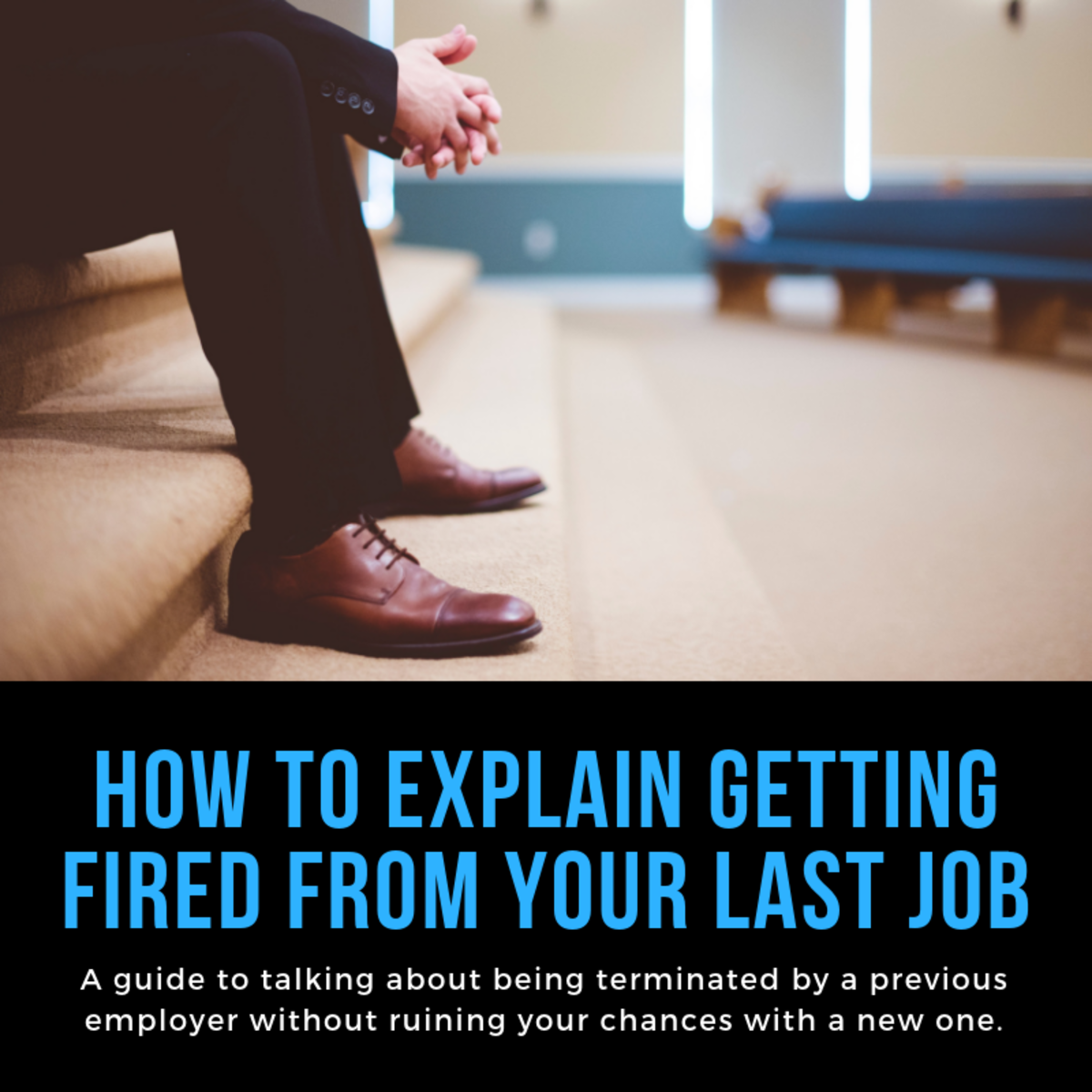Tips for Getting a Part-Time Job While at College or University
Moving out of your parents' house and starting with university life is an exciting adventure. You are surrounded by like-minded people, there are parties every other night, countless events, and you get to shop for pens, notebooks, highlighters and stuff for your new place to live. You are about to start studying something you are interested in and take your first step of independence and adulthood.
One thing that is essential while at university is money. Even with the help of a student loan, money can get really tight, especially if you are the kind of person who likes to spend a lot on parties, trips, and treats. Who doesn't! Here are some top tips on finding a part-time job while studying at university.

Start Early
Say your semester starts in September. A flood of brand new students, and continuing students coming back from their travels, are going to be arriving simultaneously and applying for jobs at the same time.
If you're moving to a new town and don't know it very well, research the size and public transportation (if you don't have a car). See what kind of jobs are on offer: shops, restaurants, and museums are a good place to start.
Apply early, maybe two to four weeks before everyone is due to move in. This will give you first pick of the jobs available before the good ones are taken. This way, you can get your interview, and might even be able to bag a job before classes start.
Are You Currently a Student?
Be Enthusiastic
Wanting to work as a highly-paid part-time journalist in a big business is commendable, but keep in mind that you might not get the job you want right away. Be willing to do anything, whether it be stacking shelves, sweeping floors, or cleaning toilets. Nothing is beneath you if your main goal is to just make money on the side. Once you are making money and if you really hate your job, you can always try looking for something else.
Working while studying is only temporary, so even if you are working in a job you really don't like, you know you won't be stuck there forever. If you're going to be picky about what job you get this early on, you might not get one at all. Show you're not afraid of hard work and you will be a lot more employable.
Be Willing to Travel
Of course, it would be lovely to have a great job just a thirty-second walk from your apartment, but this isn't always possible. Make sure you are willing to travel, either by bus or bike, to get to work. Decent jobs might be available and not already taken by your fellow students simply because it's a few miles away.
In York, for example, there was a shopping mall outside of town that required a twenty-minute bus ride from the city center. There were plenty of part-time jobs in shops and restaurants available there, but hardly any students worked there at all because of the distance. Expand your range of places you're willing to go, and the possible job list will get longer.
If there is a bus service in your university town, check if there are special deals for students, such as discounts or cards.

Boost Your Resume
If you've emerged fresh from your parents' house and haven't had a job before, it can be difficult for your resume to stand out from the crowd. Beef it up by thinking of all the hobbies and small jobs or activities you've done all over the years.
Hobbies
Do you like to paint or swim? Do you write in your spare time? Have you ever studied another language? Did you ever clean your neighbors' house or feed their fish while they were away? Little jobs and hobbies like these can make you really look like an individual on your resume, especially if you can make them relevant for the job you are applying for.
During an interview, too, your potential boss might ask you what kind of things you like to do in your spare time. "Drinking at the weekends" isn't an answer they're looking for, but hobbies like writing, painting, or swimming can show hard work, passion, and dedication.
Awards and Prizes
If you've never had a job before, your resume can look a little empty but don't forget to include any awards you've earned or competitions you've won. They may not seem important, but they can look great to a potential employer.
Have you ever been involved in a soccer tournament? Ever won a drawing competition? Become a runner-up in a poetry contest? Add these small achievements to your resume and it'll start looking great in no time.

Work Around Your Timetable
Find out your timetable as soon as you possibly can, and include this in your application. An employer might see that you're a student and assume you're not available to work Monday to Friday.
If your timetable allows you to have some days free, or free periods, say, on a Friday afternoon, include it in your application. They'll know when you're available to work and be more likely to know if they can employ you or not.
Prioritize
Never let your job get in the way of your studies. Boosting your resume and earning money is definitely important, but the whole point of going to university is to study and earn a degree.
Make sure that your job doesn't get in the way of classes or study time, but you work enough hours to earn what you need. Generally, anything from 8 to 16 hours a week should be fine.
This article isn't guaranteed to get you a job, but following these tips will improve your chances. Don't expect a perfect job right away, sell yourself well on your resume, and make sure your job doesn't interfere with your studies. University life is great, so make sure you make the most of it.
© 2014 Poppy








